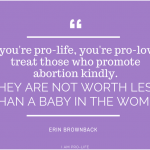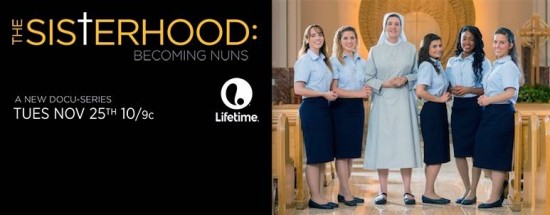There is a great scene in A League of Their Own: Tom Hanks is railing at Geena Davis for quitting the Women’s Baseball League just when they need her the most.
“It got too hard,” Davis says.
“Of course it’s hard; that’s what makes it great!” Hanks responds.
For most writers, opening up a wound and pouring it out for a reader is a very difficult thing. It’s easy to opine, and it is easy to instruct when the opinions and the instructions are culled from our brains and our passions, and cost us nothing.
But when it costs us something, that’s when a piece really makes a mark; it is when greatness gets tapped.
Pondering the notion proffered by Pat Robertson — that one may divorce a spouse with Alzheimers (which will just help people justify divorce for lesser “medical” considerations) — Pat Gohn writes what she knows; she invites us in to a profoundly personal moment in her marriage, and takes it from there: 
My un-bandaged body after breast cancer certainly made for some interesting pillow talk between my husband and myself.
Going into the crisis long ago, we barely considered what it would mean for our love. But when I was done with all the treatment, the question lingered unspoken in the air — what would our marriage look like? Stranger still, what would it feel like?
I knew he loved me before all the surgeries. Fourteen happy years and three children assured me of that. But we had never really, really been tested by the experience of heartache, loss and fear that a cancer diagnosis brings.
In the aftermath, I could not begin to fathom what our intimate moments might be like, now that I had been surgically taken apart and permanently altered.
Yeah. It’s hard. That’s what makes it great.
You’ll want to read the whole thing.















